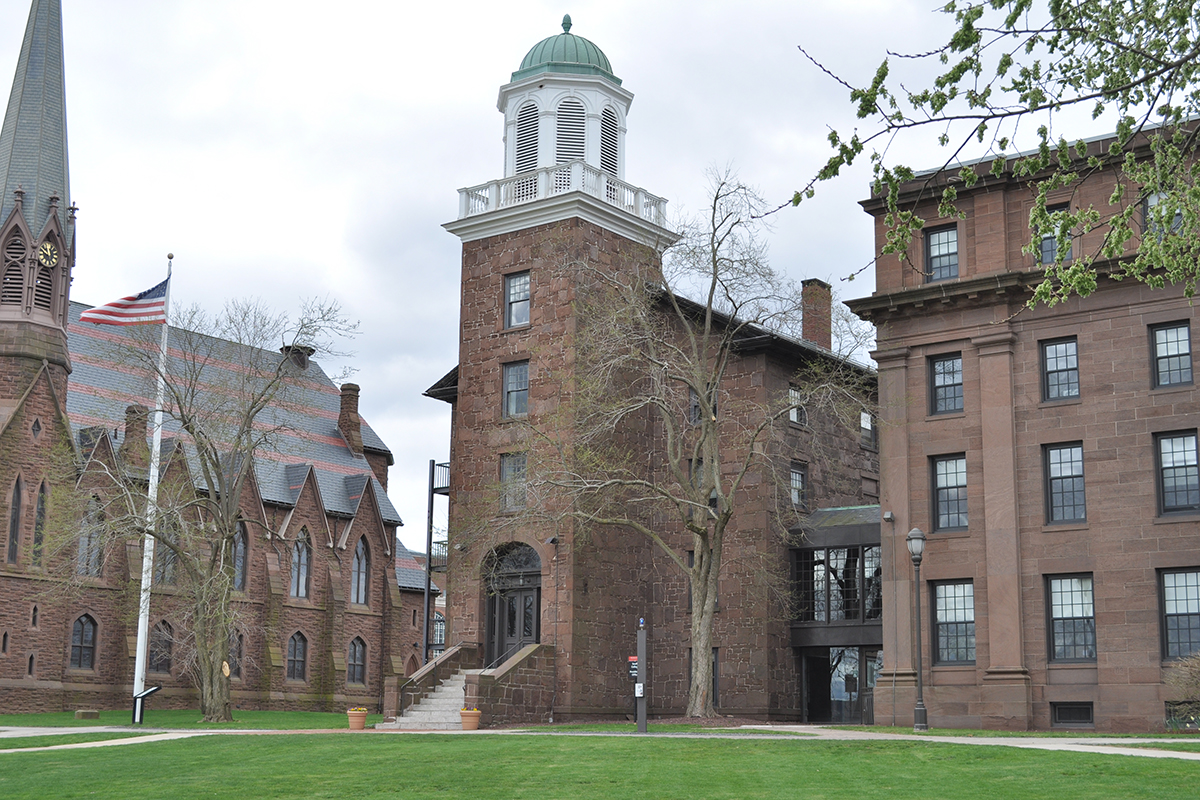Wesleyan Students Cut Funding for School Paper Because It Hurt Their Feelings
Threats to free speech on college campuses across the United States are a real thing. If you say something Right Thinking People do not agree with, they will come after you and try to cut you off at the knees until you submit to their worldview.
On Sunday, the student government at Wesleyan University voted unanimously to recommend a cut in funding for the school’s primary newspaper after it published a column that was mildly critical of the #BlackLivesMatter movement. The student government is explaining away the resolution with a straight face as an effort to “reduce paper waste” and dropkick the newspaper into the digital publishing age, not as retribution for publishing Bad Thoughts. The resolution also created a working group to keep up with the proposed changes to student publications on campus.
In the aftermath of publishing the column in September, BLM and left wing activists with nothing better to do demanded The Argus be defunded and the paper’s staff be reeducated at “once-per-semester Social Justice/Diversity training.” They even demanded a permanent and prominent space in the paper to publish whatever they wanted.
The activists said at the time of issuing their demands that if they did not get their way they would destroy all physical copies of the paper on the liberal campus. These are clearly rational and levelheaded responses to reading something that triggers you that upsets you when you’re a student in 2015.
The resolution, an apparent victory for student activists who hate free speech, will hurt the paper by diverting resources it needs to publish twice a week to other campus publications. The cut to the budget of The Argus is approximately $17,000, according to reports.
The paper ran a strongly worded editorial opposing the vote before it went before the council and is now looking to independently raise money to keep the paper afloat.
Student government has always been a bit of a joke, but this is no laughing matter: Cutting funding for a school’s primary news organization because of a disagreement over something it published is a disturbing snapshot of the state of free speech on college campuses in the United States.


